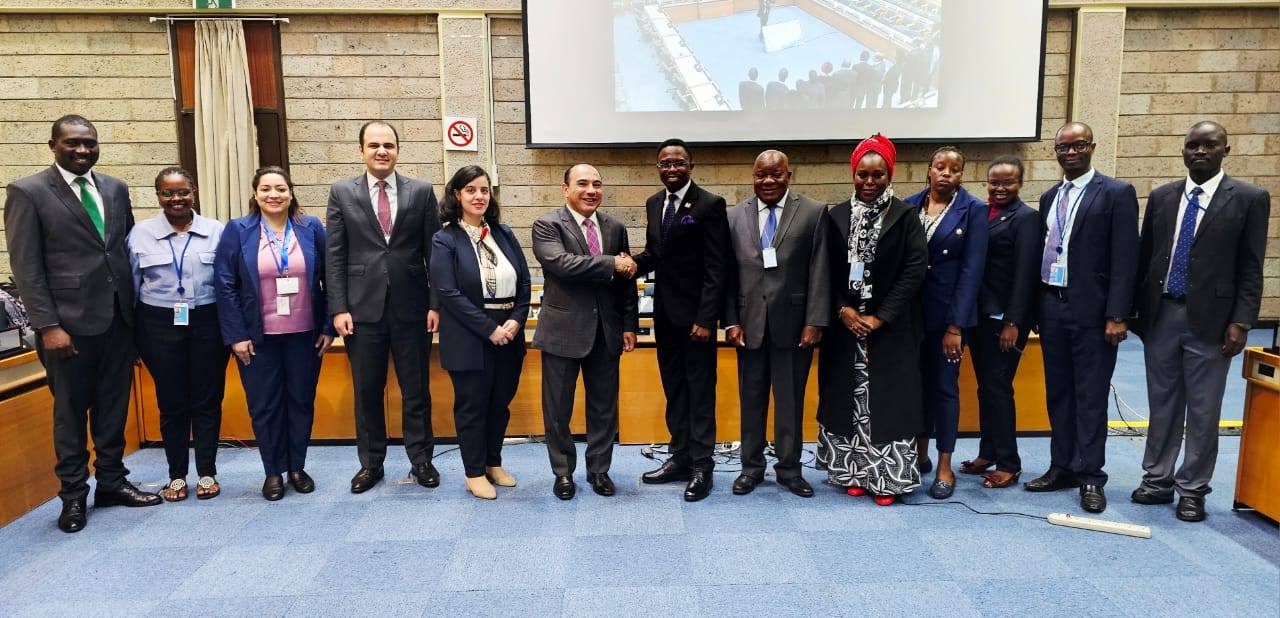Kenya has stepped into a new role on the global stage, with former Cabinet Secretary Ababu Namwamba officially taking over as chair of the G77+China, the largest intergovernmental coalition of developing nations within the United Nations.
The leadership handover took place on July 3, 2025, during a ceremony where the outgoing chair, Ambassador Wael Nasreldin Attiya from Egypt, passed on the mantle to Namwamba.
This change in leadership comes after a period of steady and impactful stewardship by Egypt, during which the coalition advanced key issues affecting the Global South.
Environmental diplomacy and equitable participation in climate negotiations stood out as central themes throughout Egypt’s tenure.
Namwamba now leads a powerful group made up of 134 member states. The G77+China has long served as a vital platform for developing countries to push for common economic goals and amplify their voices in global decision-making processes.
Founded in 1964, the group’s chairmanship rotates annually across regions.
In his acceptance, Namwamba expressed Kenya’s readiness to take on the role with purpose and vision, promising to advance the bloc’s mission and strengthen cooperation among developing nations.
“Kenya embraces this responsibility with vision and resolve,” he said. “We will work to ensure that the voices of developing countries are not only heard but shape the outcomes of global environmental and development dialogues.”
Namwamba emphasized that Kenya’s leadership will focus on expanding South-South cooperation and ensuring that developing nations are not sidelined in global discussions on environment and development.
“Kenya takes on this role with clarity of purpose and strong resolve,” he said. “We will work to ensure that the voices of developing nations do not just feature in conversations but drive the direction of global environmental and development agendas.”
Kenya’s new position is expected to inject renewed energy into the coalition’s push for fair representation in areas such as climate justice, biodiversity protection, and the Sustainable Development Goals.
The transition also highlights Kenya’s growing influence in international diplomacy, especially within the context of environmental governance and development priorities.
As the new chair, Namwamba carries the expectations of over a hundred countries, many of which look to the G77+China as their main avenue for shaping global policies that affect their people and economies. Kenya’s leadership is seen as an opportunity to strengthen solidarity among developing countries and to keep their shared interests front and center in global discussions.
The change signals not only a leadership shift but also a renewed focus on unity, fairness, and inclusion for the Global South in key international negotiations.

